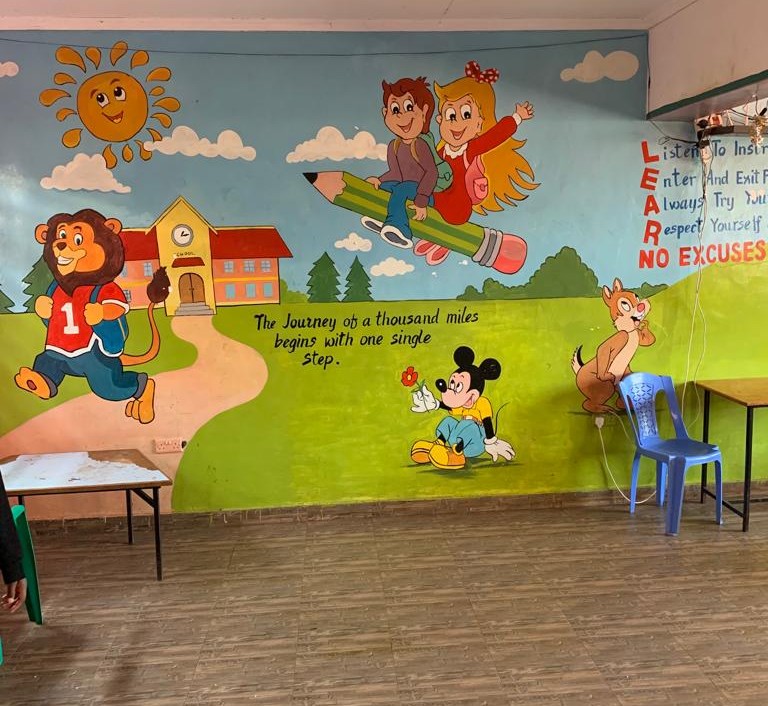
Better life
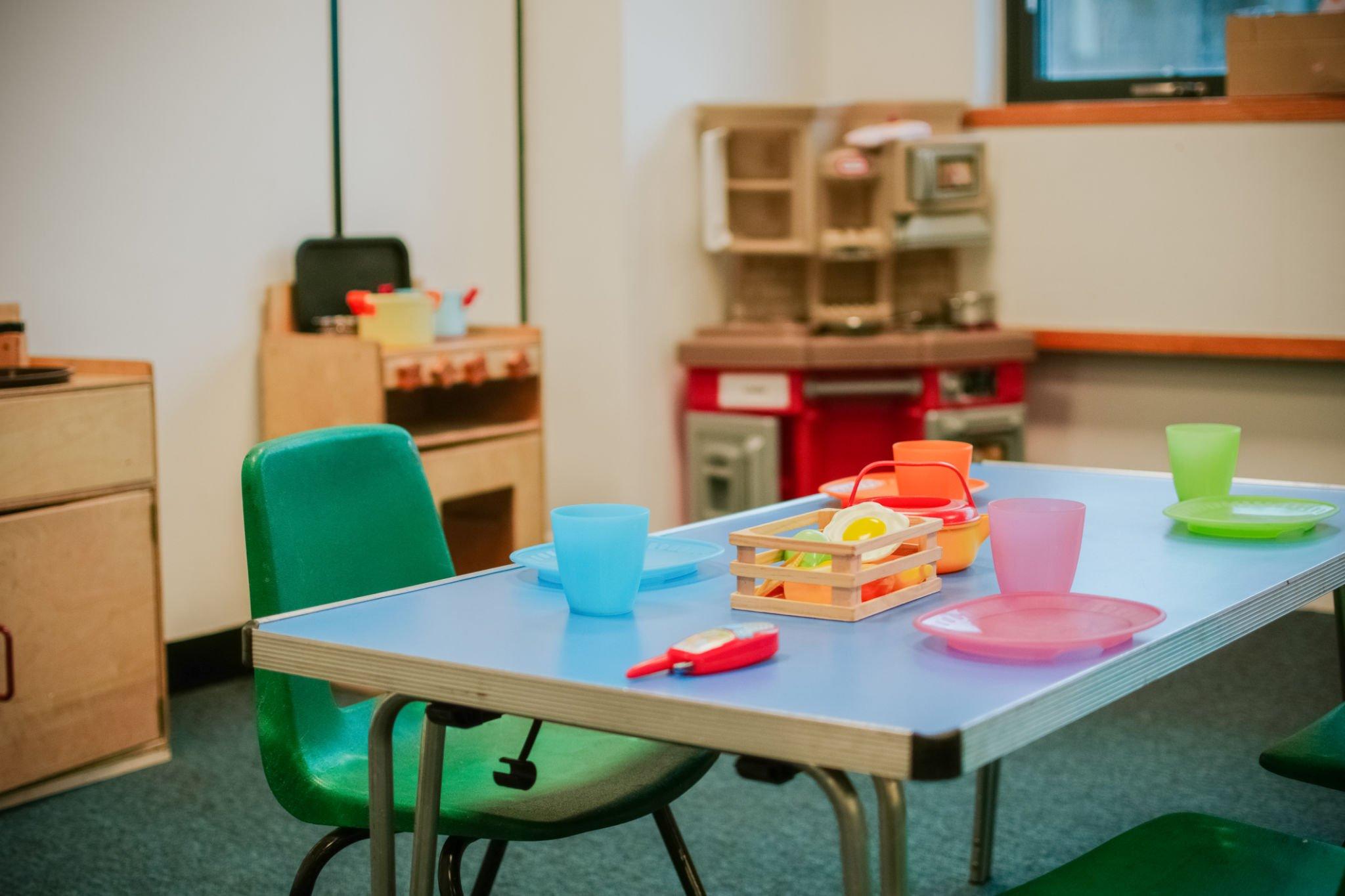
Showing love
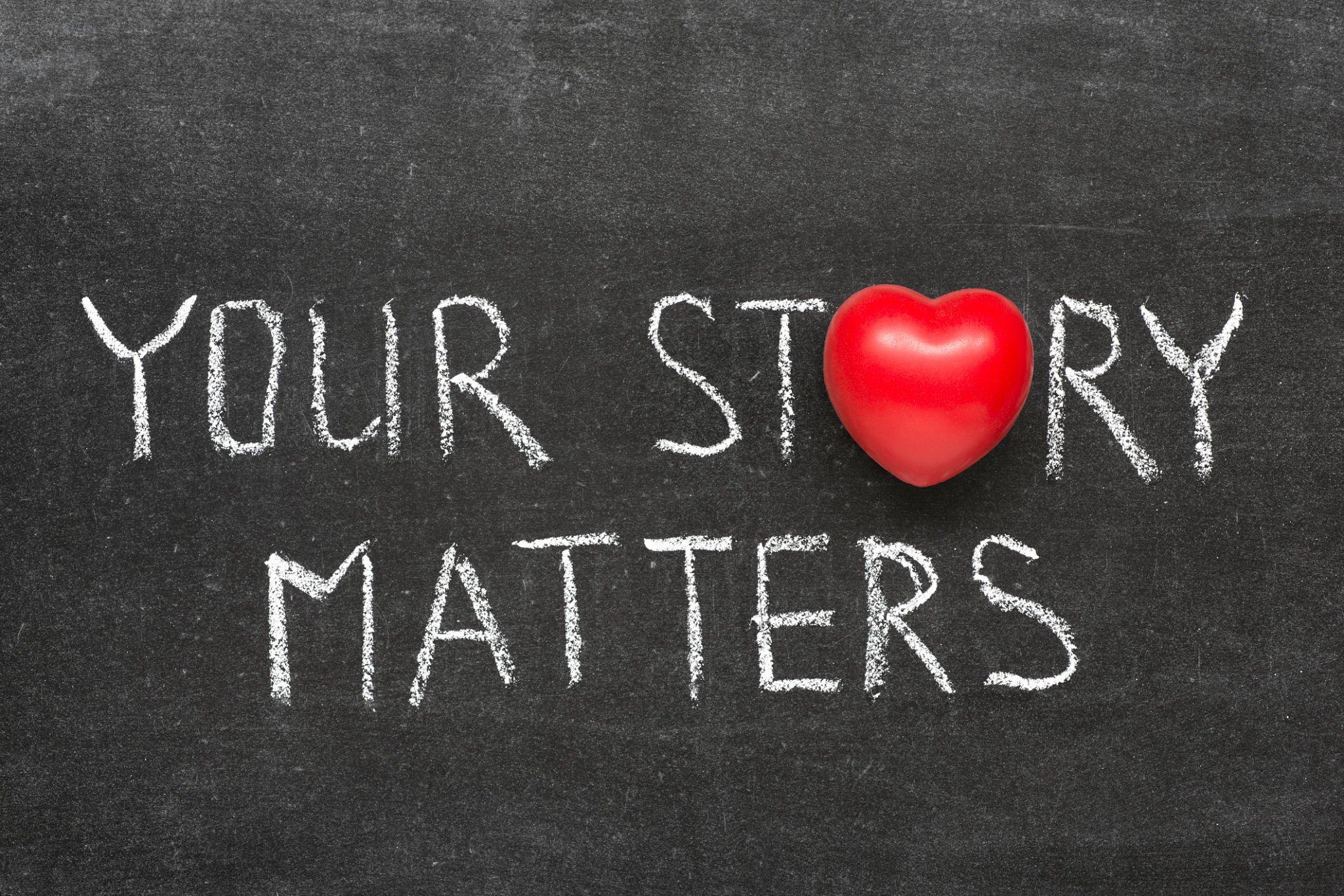
positive impact

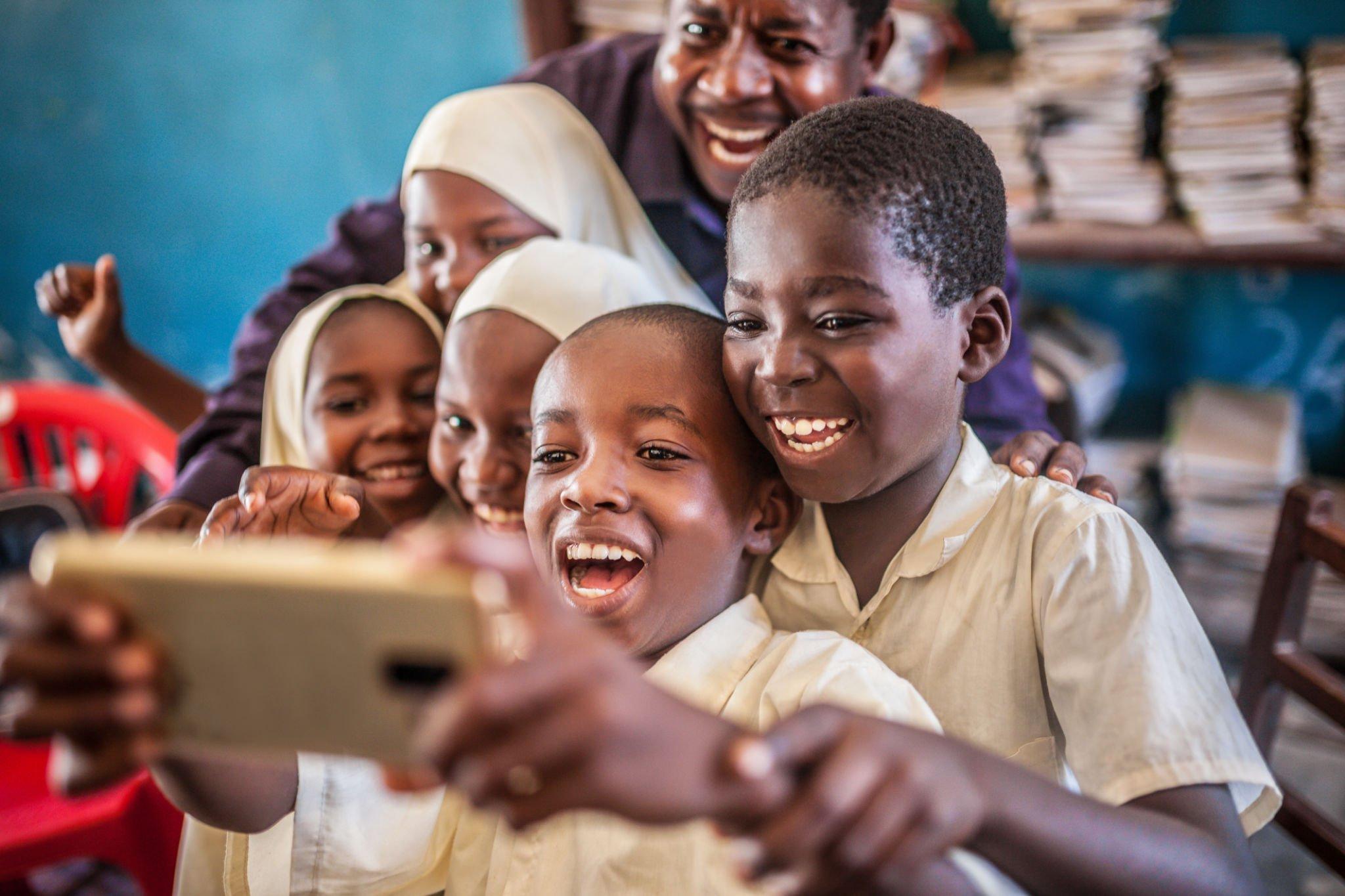
The Wegner Foundation is a non-profit organization seeking to raise $ 5,000,000 that will be dedicated to supporting less privileged children in Africa. We are dedicated to providing quality education , medical health care, and safe living environments for the less fortunate children. We believe that every child deserves the opportunity to learn and grow, regardless of their background or circumstances in which through our programs, we strive to equip these young ones with the necessary life skills to help them navigate the real world.
Learn More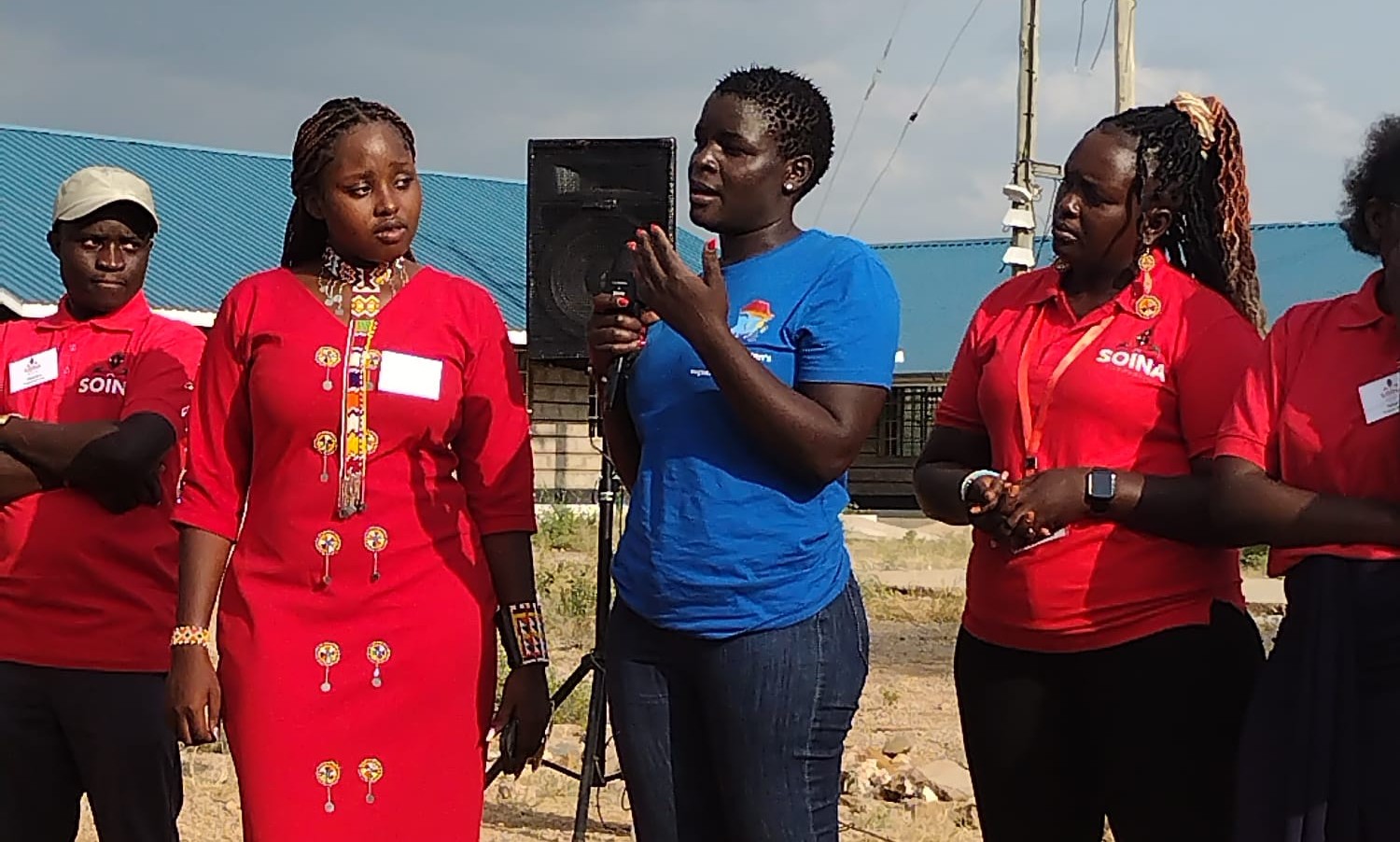
The sun rose with a promise of hope and joy on June 16th, as the
Wegner Foundation celebrated the Day of the African Child in Kajiado,
Kenya. This special day, dedicated to honoring the courage, resilience,
and potential of African children, was a heartfelt reminder of our
mission: to support less privileged children in Africa with quality
education, medical health care, and safe living environments.
The celebration began early in the morning, as children from various parts of Kajiado gathered at the community center, their faces alight with excitement and anticipation. The theme for this year’s event was “Empowering Our Future Leaders,” reflecting our belief that every child, regardless of their background, deserves the opportunity to learn, grow, and thrive.
Education is at the core of the Wegner Foundation’s mission. Throughout the day, our dedicated volunteers and staff engaged the children in various educational activities. Interactive workshops focused on reading, writing, and arithmetic, while also introducing creative arts and science experiments. The laughter and enthusiastic participation of the children were testaments to their eagerness to learn and their boundless potential.
One of the highlights was the distribution of new school supplies and books. For many children in Kajiado, access to basic educational materials is a luxury. Seeing their eyes light up as they received their own set of books and stationery was truly heartwarming. These supplies are more than just tools for learning; they are symbols of hope and a brighter future.
In addition to education, the Wegner Foundation is deeply committed to ensuring the health and well-being of the children we serve. On this special day, we organized a free health camp where children received medical check-ups, vaccinations, and health education. Our team of volunteer doctors and nurses provided much-needed medical care, addressing ailments and ensuring the children’s overall well-being.
Parents and guardians were also educated on the importance of nutrition, hygiene, and regular medical check-ups. By empowering the entire community with knowledge and resources, we aim to create a healthier, happier environment for these children to grow up in.
A safe and nurturing environment is crucial for the holistic development of a child. The Day of the African Child celebration also included activities focused on creating such environments. Children participated in team-building games and trust exercises, fostering a sense of community and belonging. These activities not only provided fun and excitement but also taught valuable life skills such as cooperation, empathy, and resilience.
The success of this event would not have been possible without the unwavering support of the local community and our generous donors. Local leaders, parents, and volunteers all came together to make this day memorable for the children. Their collective effort is a powerful reminder of what we can achieve when we unite for a common cause.
As the sun set on this joyous day, we were filled with gratitude and renewed determination. The Wegner Foundation remains steadfast in its commitment to raising $5,000,000 to support the less privileged children in Africa. Through our ongoing programs, we strive to equip these young ones with the necessary life skills to navigate the real world.
The Day of the African Child in Kajiado was more than just a celebration; it was a reaffirmation of our belief that every child deserves the opportunity to dream, learn, and grow. Together, we can make a difference and help these children reach their full potential.
We invite you to join us in our mission. Your support can transform lives and create lasting change. Together, let’s empower the future leaders of Africa, one child at a time.
For more information on how you can contribute, visit our website or contact us directly. Every contribution, no matter how small, brings us one step closer to our goal.

When we think of saving the children, we often picture dramatic scenes of rescue operations and heroic efforts to pull kids from the brink of disaster. And while these moments certainly exist, the reality of child poverty and suffering is often much more complex and insidious.
Around the world, millions of children live in poverty, facing daily challenges such as hunger, disease, and lack of access to education. In some cases, these children are victims of war or conflict, forced to flee their homes and communities in search of safety.
But poverty is not just an issue in far-off countries. In the United States alone, over 11 million children live in poverty, struggling to access basic necessities like food, shelter, and healthcare. And while we may not see the same levels of malnutrition or disease as in other parts of the world, the effects of poverty can be just as devastating, leading to lifelong health problems, limited opportunities, and even early death.
So how can we save the children? It's a daunting task, to be sure, but there are steps we can take to make a difference.
First and foremost, we need to prioritize the well-being of children in our policies and programs. This means investing in programs like Head Start and WIC that provide early childhood education and nutrition support. It means supporting initiatives like Medicaid and CHIP that ensure access to healthcare for low-income families. And it means working to reform our criminal justice system, which disproportionately impacts children of color and perpetuates cycles of poverty and disadvantage.
But we also need to take action at the individual level. We can donate to organizations that support children in need, like Save the Children or UNICEF. We can volunteer with local charities and organizations that provide services to at-risk youth. And we can educate ourselves and others about the challenges facing children in our communities and around the world.
Ultimately, saving the children requires a collective effort. It requires us to acknowledge the scale of the problem and the complexity of the solutions. But most importantly, it requires us to recognize the inherent dignity and worth of every child, and to commit ourselves to ensuring that they have the opportunity to thrive and reach their full potential.
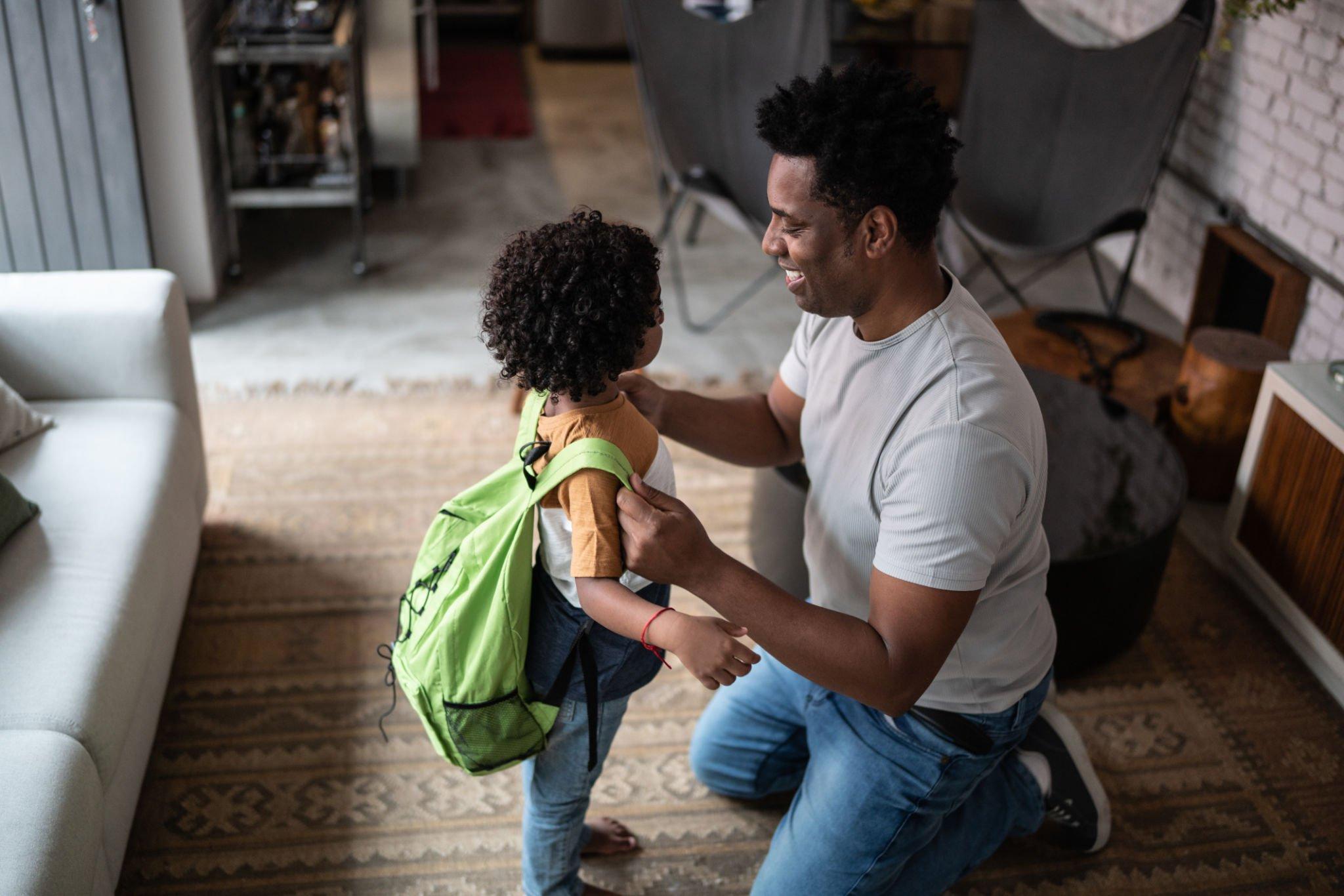
Early childhood education is critical for the healthy development of all children, regardless of their socio-economic status. However, research has shown that low-income children are often at a disadvantage when it comes to accessing high-quality early education programs.
Studies have demonstrated that children from low-income families are more likely to enter kindergarten without the foundational skills they need to succeed, such as basic literacy and math skills, social-emotional development, and language proficiency. This achievement gap can persist throughout a child's academic career, leading to lower high school graduation rates and reduced opportunities for success in adulthood.
Fortunately, early childhood education programs can play a key role in bridging this gap. High-quality programs, such as Head Start, provide low-income children with access to quality education and care from an early age, helping them to develop the skills and confidence they need to succeed in school and beyond.
In addition to academic benefits, early childhood education can also have a positive impact on children's social and emotional development. Children who participate in early education programs are more likely to have strong relationships with peers and adults, and to develop positive self-esteem and resilience.
But early childhood education is not just important for individual children - it also has broader societal benefits. Studies have shown that investments in early childhood education can have a significant return on investment, leading to reduced spending on social services, increased productivity, and improved health outcomes.
Despite the clear benefits of early childhood education, many low-income families still lack access to quality programs. To address this issue, policymakers and communities must prioritize investments in early education, including expanding access to high-quality programs, increasing funding for teacher training and support, and promoting family engagement and support.
Ultimately, ensuring that all children have access to high-quality early childhood education is not just a moral imperative - it is also a smart investment in our collective future. By supporting the healthy development of our youngest learners, we can create a more equitable and prosperous society for all.
Funds Donated($)
Impacted Children
Area Of Operation
We gather a stories from berneficiaries of any sort, If you are and willing you can give us your story.
Give Story.png)
.png)






